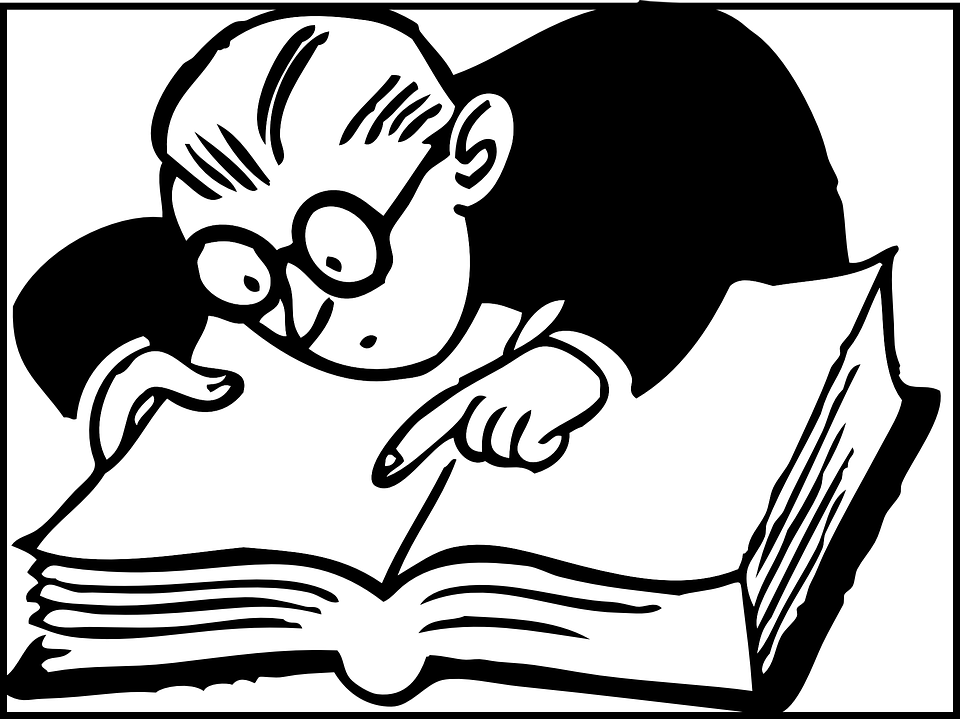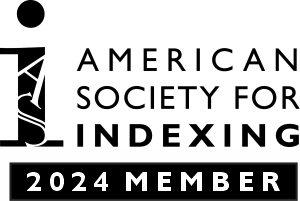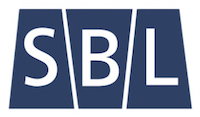
As indexers, we all use our recognized professional references (e.g. The Chicago Manual of Style, Mulvaney, and Best Practices from our professional organization, the American Society for Indexing (ASI)). But those are not all that we should have to hand.
As much as I love Google, it is not a reliable reference, but it can be a place to start. A search will show many online dictionaries and other references (caveat here: references need provenance—the free ones may lack that). Free may be worth exactly what you paid for it.
Your references should be well-recognized in case you need to discuss a choice with an editor or author. That said, however, there are valuable references available online, some by subscription and some free.
Language dictionaries
An English language dictionary that is widely recognized, such as the Merriam-Webster Dictionary or Oxford English Dictionary Online, is necessary. A subscription will likely give you access to a thesaurus, which can be a useful addition to the reference shelf. For information on dictionaries, you can check (yep) Wikipedia. Online subscriptions will likely update regularly at least quarterly. A worthy business investment for any editor or indexer.
Encyclopedias
A good encyclopedia on a subscription basis—mine is Britannica—is for those occasions when you accept a trade book in an area that is out of your specialty and need to bone up just a bit. Wikipedia can be a starting place in the search for information because there are references included in many articles; however, remember that information needs to be verified with other sources.
There are also specialty encyclopedias (e.g., philosophy) that are peer-reviewed, available online (e.g., Scholarpedia) with several focus areas that might be useful for specialty topics or the Medline Plus medical encyclopedia from the National Library of Medicine.
Style guides
A general Google search for “organizational style manuals” produces a link to Wikipedia that lists a number of of manuals of style from professional organizations: the American Psychological Association (APA) and American Medical Association (AMA) for specific disciplines, the European Union inter-institutional style guide, guides for governments (and our own favorite, The Chicago Manual of Style (CMS)). If you need to be more specific you can go to the list of style guides where you can find guides from standards organization (e.g., International Organization for Standards or ISO) on very specific topics. The National Information Standards Organization (NISO) provides standards (and guidance) on digital publications and has a working group to update index standards. Some style guides are available online, with some free and some by subscription.
Specialty references
Then we need those related to our particular specialization. For me, this is medical and governmental references, but the principles of finding appropriate references are applicable to any niche. If you are working in a special niche like medical indexing, you will need a medical dictionary and possibly other references specific sub-specialties.
The NIH National Library of Medicine and the individual Institutes at NIH provide reliable information on very specific topics. If you click on the “Institutes at NIH” link you’ll have links to the individual institutes. This can be a good place to get specialty information with a click on the “Resources” link. For example, at NCBI you can find a glossary of genetic terms. The NLM maintains the Medical Subject Headings (MeSH) thesarus for controlled vocabulary. Other controlled vocabulary thesauri can be accessed through the Library of Congress Authorities.
For those who need access to a medical dictionary only sporadically, Stedman’s Online has limited lookup capability (although obviously aimed at selling subscriptions). The Oxford Concise Medical Dictionary also has limited online lookup for free which might be adequate for indexing a trade-level book.
As globalization increases there are sources for multilingual writing. The International Council for Harmonization (ICH) has a medical dictionary for regulatory activities (MedDRA) designed for multilingual communications used within the European Union.
Keeping up to date
Information is changing so rapidly that keeping references up to date is a challenge. In medicine and health sciences it seems that there are new drugs, treatments, and even new conditions appearing almost daily. That is why I use electronic references that are updated at least quarterly; I can be confident that my references are as up to date as possible.



Leave a Reply